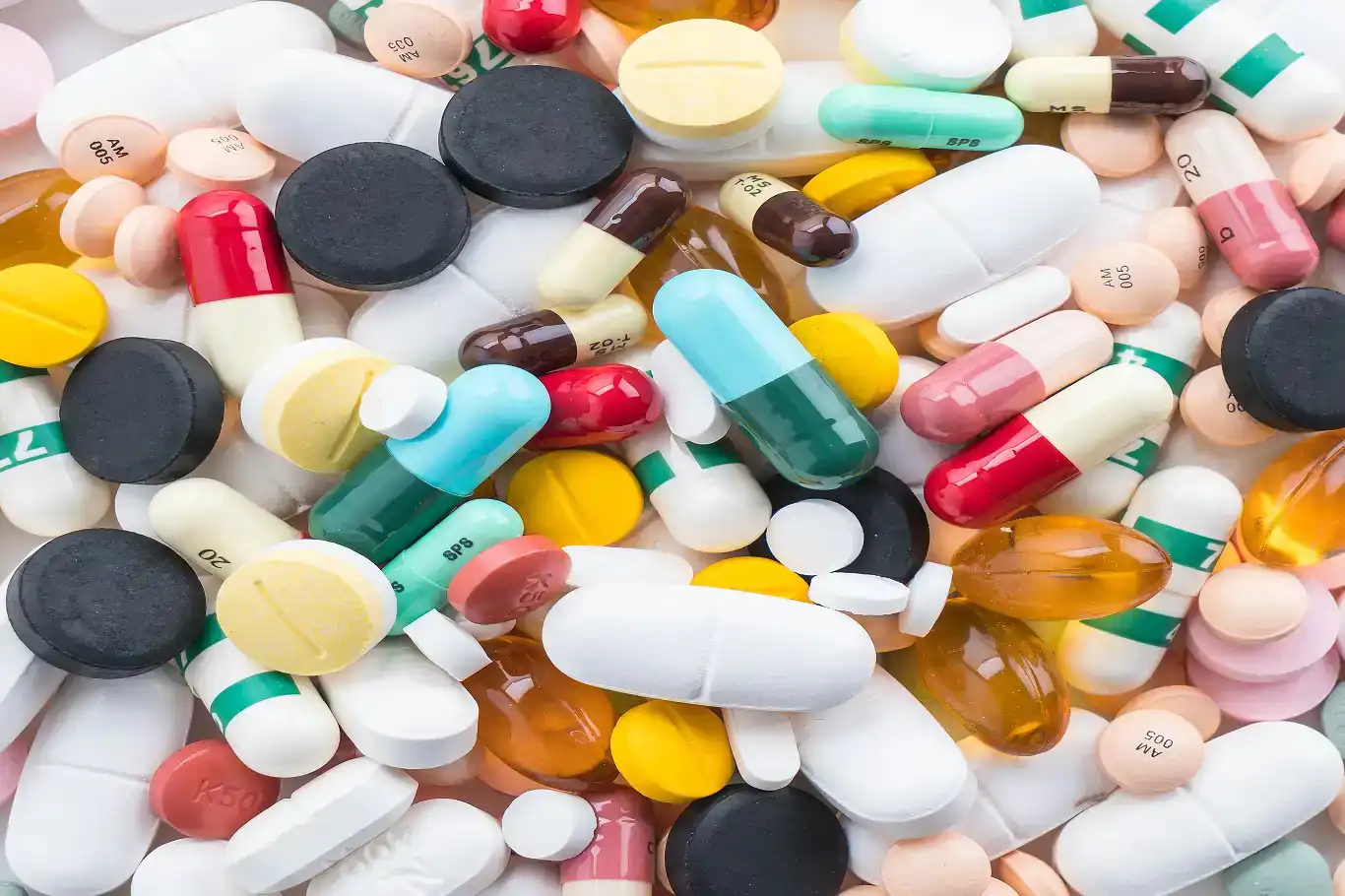Germany’s reliance on Chinese drug ingredients raises alarm over supply security


Germany’s pharmaceutical sector has grown alarmingly dependent on China for the supply of essential drug ingredients, raising concerns about supply chain resilience and potential risks to national healthcare, according to a new report released by the Pro Generika e.V. association.
The report revealed that 76% of active ingredients used in antibiotics imported to Germany originate from China, highlighting the country’s heavy reliance on Chinese production lines. Even pharmaceuticals manufactured in major markets like India and the United States often depend on components initially sourced from China.
A striking example is Metformin, one of the world’s most prescribed medications for diabetes. The key active ingredient for Metformin is produced almost exclusively in China, where five of the six largest global manufacturers are based—effectively granting China a near monopoly in the sector.
Experts warn that this dependency reflects the broader erosion of Europe’s pharmaceutical self-sufficiency. As production costs in Europe rise and strict environmental standards increase operational burdens, pharmaceutical companies have increasingly moved their manufacturing to Asia, where lower labor costs and looser regulations make production more profitable.
The report also emphasized that generic medicines, which make up roughly 90% of the EU’s critical medication list, are particularly vulnerable to supply disruptions. Any shortage in these drugs, which are essential for millions of patients, could pose a significant threat to public health.
Michael Müller, Professor of Pharmaceutical and Medicinal Chemistry at the University of Freiburg, described Germany’s situation as a “self-inflicted dependency,” warning that reversing this trend will not be easy.
“The idea that we can simply bring back factories to Germany is a political illusion,” Müller said. “Costs are too high, skilled labor is lacking, and even if we rebuild facilities, we will still depend on China for raw materials. We are openly reliant on them.”
Industry analysts and policymakers across Europe are now calling for renewed investment in domestic production to strengthen pharmaceutical supply chains and reduce dependency on single countries. However, experts caution that such efforts will take years to yield tangible results.
The findings align with growing international concern over Europe’s strategic vulnerability in medicine supply chains—particularly amid rising geopolitical tensions and export restrictions that threaten to disrupt global pharmaceutical trade. (ILKHA)
LEGAL WARNING: All rights of the published news, photos and videos are reserved by İlke Haber Ajansı Basın Yayın San. Trade A.Ş. Under no circumstances can all or part of the news, photos and videos be used without a written contract or subscription.
A growing number of young people across the globe are retreating from social, academic, and professional life, choosing instead to isolate themselves at home as a way to cope with anxiety, economic uncertainty, and the pressures of modern society, experts warn.
The UK’s National Health Service (NHS) is set to pilot an AI-driven “one-day diagnostics” service for prostate cancer that could revolutionize early detection and dramatically cut waiting times for thousands of men each year.
The health situation in the Gaza Strip has reached a catastrophic level, with more than 70,000 hepatitis cases reported across the besieged enclave, according to health authorities.